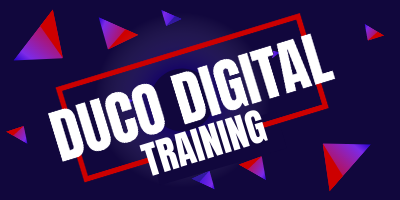There is
also an increasing demand for professionals who are equipped to leverage data
science tools and techniques in their work, to uncover everyday insights that
can help businesses stay ahead of competitors and enhance operations. In
addition to conducting traditional market research to obtain insights into
consumers’ needs and wants, there is a chance for all professionals to augment
their roles and help businesses reach the desired outcomes more quickly and
strategically using data science, data analytics, machine learning, data
mining, and AI tools and techniques.
Data science tools and techniques aid
businesses to make decisions quickly and with facts, as well as optimise
employees time and productivity, providing greater opportunities for problem
solving and applying data insights in their work.
The amount
of data that is available is increasing quickly, and as such organisations are
going to need more data-savvy employees to consistently benefit from a
ubiquitous data set. Every organisation needs professionals who can digest data
and turn that data into action, but the job market is woefully underprepared to
handle exponential increases in demand.
While technology is creating powerful
business opportunities, it is also creating skills gaps, especially in the
manufacturing, health care, and construction sectors, where the need for
qualified workers is especially acute.
For a
variety of reasons, including a growing skills gap, CEOs have decided that
retraining and reskilling employees with key skills, such as data literacy
skills, is the way to stay ahead of the curve and promote innovation and
performance, while keeping the best and brightest. Many companies already make
it a point to train their current employees, helping them build skills that
will fit their changing work requirements.
Companies
and team leaders need to prioritise skills that are likely to move the needle
and focus on reskilling employees whose roles will need these skills in the
future. To convince a team of Company and Team Leaders, or a larger
organisation, to buy into this idea, the Company and Team Leaders could
highlight the ways that the employees career advancement would be benefitted by
upskilling.
While upskilling benefits most employees, organisations will see
their investments yield greater returns when they define the areas and skills
priorities in line with the goals and vision of the business.


